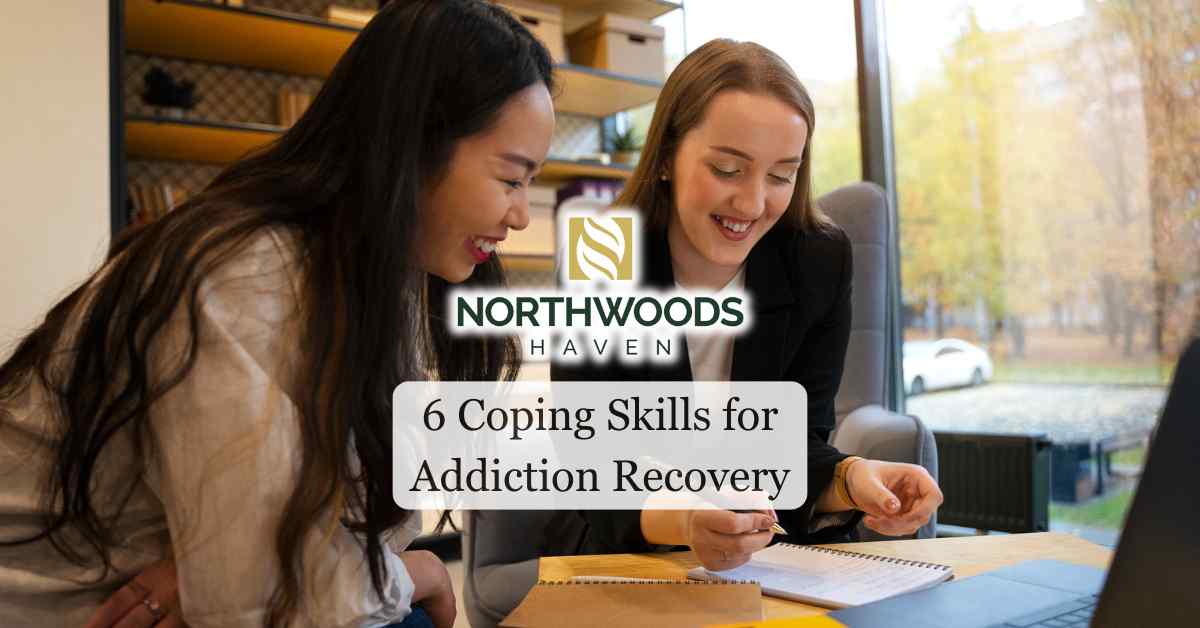Navigating the road to recovery is a highly personal experience, varying from one individual to another. However, incorporating powerful coping mechanisms into one’s life can greatly bolster their capacity to sustain sobriety and enhance their overall well-being. Whether you are embarking on your recovery journey or aiming to strengthen your ongoing efforts, these skills provide invaluable guidance for achieving lasting healing and personal development.
In this article we will delve into six crucial coping skills that can empower individuals throughout their recovery process.
Mindfulness and Meditation
Mindfulness practices, including meditation, can significantly reduce stress, enhance emotional regulation, and improve overall mental clarity, contributing positively to your recovery.
Regular meditation increases self-awareness and promotes acceptance of thoughts and feelings without judgment, which is vital for managing cravings and triggers. Engaging in mindfulness techniques, such as focused breathing or body scans, can improve impulse control and help you respond more thoughtfully to addiction-related stressors.
Studies indicate that consistent mindfulness practice can lead to decreased anxiety and depression, both common challenges faced in recovery.
Our team of addiction specialists at Northwoods Haven Recovery offer premium IOP in Minneapolis which are customized to your needs and thus increase the effectiveness of your recovery journey. Read more about services here:
Journaling and Self-Reflection
Integrating journaling into your daily routine can help you cultivate self-awareness and process your thoughts and emotions effectively. By putting pen to paper, you’ll gain insights into your triggers and patterns related to cravings, enabling you to develop better coping skills and proactively manage potential relapse situations.
Maintaining a gratitude list within your journal can enhance positive thinking and foster a more optimistic outlook during recovery. Regular journaling serves as a therapeutic outlet, providing a safe space for expressing your feelings and reducing stress, which can mitigate the risk of relapse.
As you engage in self-reflection through writing, you’ll be able to track your progress and celebrate milestones, reinforcing your motivation and commitment to your recovery journey.
Read more about the importance of mindfulness in long-term recovery from substance abuse and how it helps individuals live a more fulfilling and balanced life post-treatment.
Building a Support Network
Surrounding yourself with people who genuinely care about your well-being and understand the challenges you face can make all the difference in your journey.
Whether it’s family members, close friends, or peers in recovery, having a strong support system provides you with the encouragement and accountability needed to stay on track. Engaging with others who’ve walked similar paths allows you to learn from their experiences and gain valuable insights into effective coping skills for addiction.
Participating in support groups or group therapy sessions connects you with individuals who share your struggles, fostering a sense of belonging and reminding you that you’re not alone. These connections offer a safe space to express your emotions, share your successes and setbacks, and receive guidance when you need it most.
Check out how family relationships can impact your addiction recovery outcomes and how great of an importance communication and connection have on your journey to healing.
Exercise and Active Lifestyle
By exercising regularly you activate your brain’s reward system, releasing endorphins that boost your mood and reduce cravings for substances.
Physical activity is a powerful tool for managing withdrawal symptoms and combating feelings of depression. Participating in group exercises, such as team sports or fitness classes, provides an opportunity to connect with others in recovery, fostering social support and accountability.
By establishing a consistent fitness routine, you’ll develop self-discipline and improve your ability to regulate emotions, equipping you with healthy coping skills to navigate stressful situations without turning to substance use.

Identifying and Managing Triggers
Triggers can be external, like people or places associated with past substance use, or internal, such as emotions like stress and anxiety.
Recognizing your personal triggers is essential for developing effective coping skills and avoiding high-risk situations that may lead to relapse. Common external triggers include specific locations and events involving substance use, while internal triggers often manifest as negative emotions or boredom.
To manage triggers effectively, implement avoidance strategies by distancing yourself from triggering environments and individuals. Develop a proactive relapse prevention plan that includes healthy coping mechanisms, such as practicing mindfulness, journaling, and engaging in enjoyable activities.
Practicing Self-Care Strategies
Prioritizing your mental health is crucial, and you can achieve this by incorporating relaxation techniques like deep breathing, yoga, and meditation into your daily routine. These practices will help you manage stress and improve emotional regulation.
Maintaining a balanced diet rich in nutrients will support your brain function and mood stability, which are vital for your overall well-being during recovery.
Engaging in regular physical activity is another key aspect of self-care. By following the Canadian guidelines of 150 minutes of moderate-intensity exercise per week, you’ll reduce cravings and withdrawal symptoms while boosting your energy levels.
Don’t forget the importance of good oral health and hygiene, as these significantly enhance your self-esteem and contribute to your overall well-being.
Finally, keeping a daily journal and gratitude list will foster mindfulness, allowing you to reflect on your experiences and promote a positive mindset essential for your recovery.
Final Thoughts form Northwoods Haven Recovery
While the recovery journey can be difficult, incorporating coping strategies into daily life can significantly improve the chances of long-term success. At Northwoods Haven, we’ve designed our Intensive Outpatient Treatment program to give you the resources and support you need to reinforce your recovery journey. Our mission is to help you develop resilience and maintain long-term sobriety through individualized care and treatment methods backed by research.



